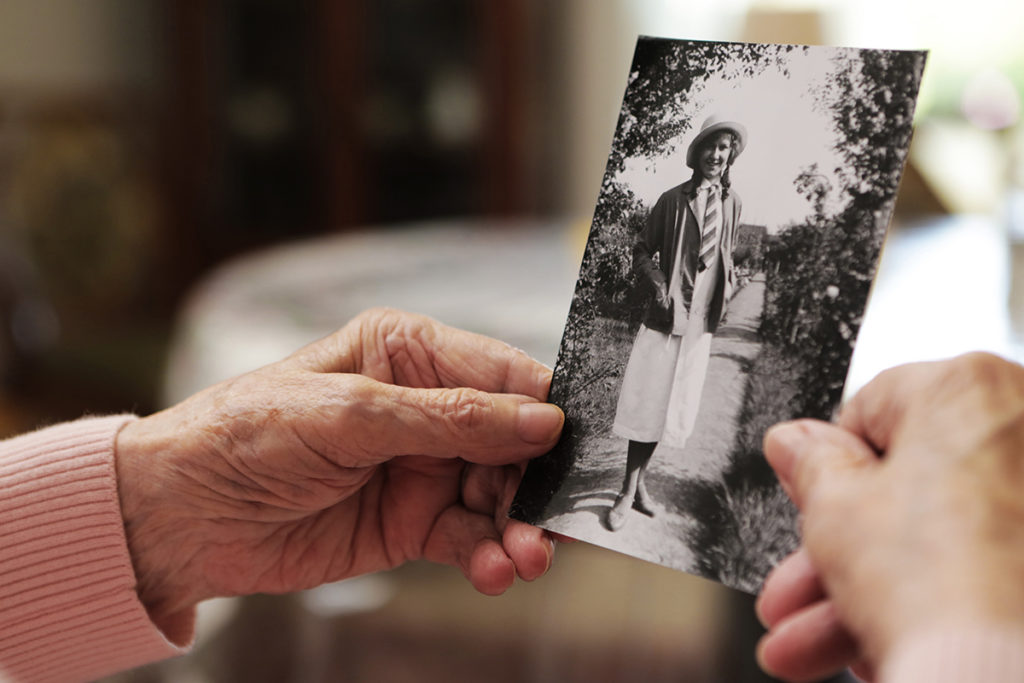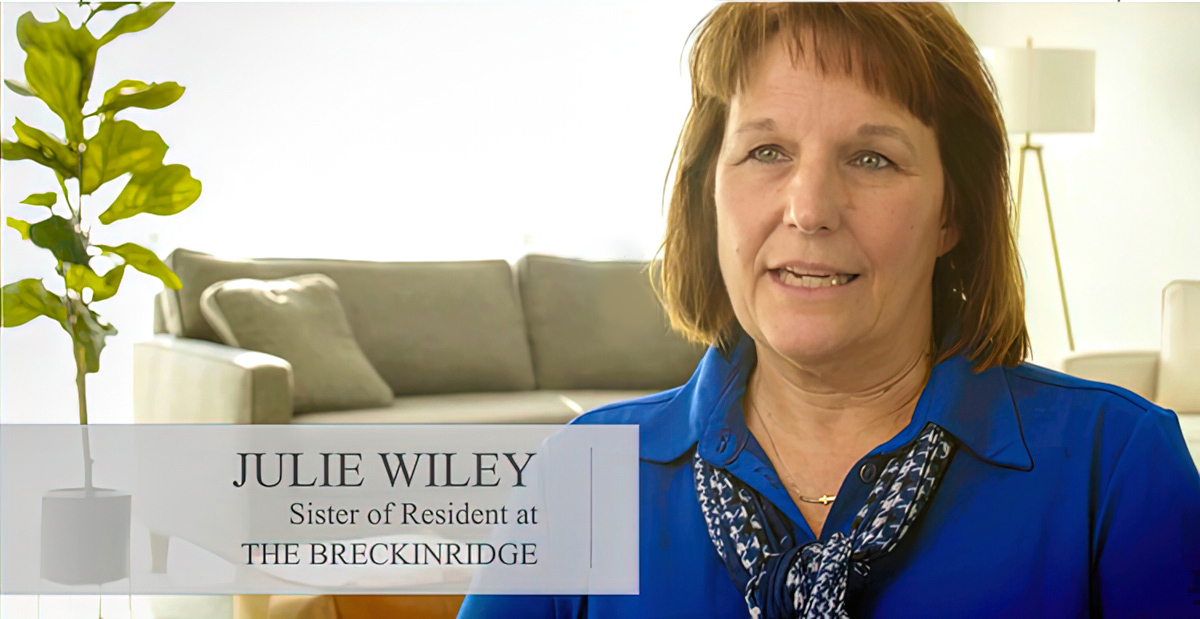5 Signs Your Loved One Needs Memory Care

Signs Your Loved One Needs Memory Care
More than six million Americans are currently living with a diagnosis of Alzheimer’s disease. Every year, Alzheimer’s kills more people than breast cancer and pancreatic cancer combined. Since the beginning of COVID, those deaths have increased 16%.
If your loved one has Alzheimer’s disease, dementia, or other memory loss issues, it is crucial they receive proper care.
Eleven million Americans today are caring for their loved ones who have Alzheimer’s. While at-home care is feasible for a time, many family members will hit a breaking point when they start to wonder if their loved one needs full-time memory care.
If you’re at that point now or wondering if you’re soon approaching it, here are five signs that your loved one needs professional memory care:
1. Changes in behavior
If your father once had an independent spirit but now does not want to do things on his own, this could be a sign of changed behavior. Likewise, if your mother used to play bridge every week but no longer wants to, or used to love gardening but doesn’t even want to go outside anymore, these are changes in behavior.
Changes in behavior could be a sign of dementia or Alzheimer’s. If you’ve noticed a significant change in what has been normal behavior in your loved one, it could be time for him or her to receive memory care.
2. Confusion and disorientation
If your loved one is getting lost regularly, forgetting where she is, or feeling consistently confused, it could be time to think about full-time memory care.
Geriatrician Dr. Elaine Healy says it’s when this confusion and disorientation begin to pose a threat to your loved one’s safety, that this really becomes an issue. As she says, “When your loved ones are continually putting their physical safety at risk, it’s time to consider memory care.”
3. Incontinence
Struggling to control one’s bladder can be a sign that your loved one needs memory care because it means he is forgetting to go to the bathroom regularly.
Incontinence is also indicative of a need for memory care because of the pressure this can put on a non-professional caregiver. As Dr. R. Scott Turner, professor of neurology and director of the Memory Disorders Program at Georgetown University, says, “[At-home caregivers] feel overwhelmed, they feel it’s more than they can handle, more than they signed up for.” This “care-giver stress” just makes the situation more difficult for everyone, and is detailed below.
4. Failing health
Memory loss does not just affect the brain; it affects the entire body. Your loved one could be forgetting to eat or take his medication. Maybe he is falling more easily or injuring himself more frequently.
If your loved one is suffering from failing physical health, it’s probably time to seek professional help.
Physical symptoms of memory loss include weight loss, poor hygiene, hunched-over posture, and bruises or breaks in the skin.
5. Caregiver stress
Many caregivers are juggling taking care of their parents, going to work, and caring for their own children or grandchildren. That’s a lot to handle, especially considering caring for a parent or family member with memory loss is a full-time job.
If the stress is affecting your mental health, your relationships, or your physical health, it is time for professional memory care in Lexington. We have seen instances of older caregivers literally killing themselves trying to care for their spouses with memory issues.
A Diagnosis
Once your loved one receives an official Alzheimer’s or dementia diagnosis, it’s time to start looking into memory care. This may seem premature, but as this article says, studies show that transitioning someone with a memory loss diagnosis into a facility before his symptoms worsen is better for him in the long term. This is because he is able to make decisions about care from a more lucid state and, therefore, will feel less confused or frustrated than he would if he were moved elsewhere after his symptoms worsened.
Deciding whether your loved one needs memory care is a difficult decision. We here at The Breckinridge hope to make that decision as informed as possible, and a transition as smooth as possible.
We pride ourselves in offering Uncommon Care to those with memory loss. Our location is not just an assisted living center. It is a home and community where the staff is expertly trained in memory loss and how to care for those who have it.






